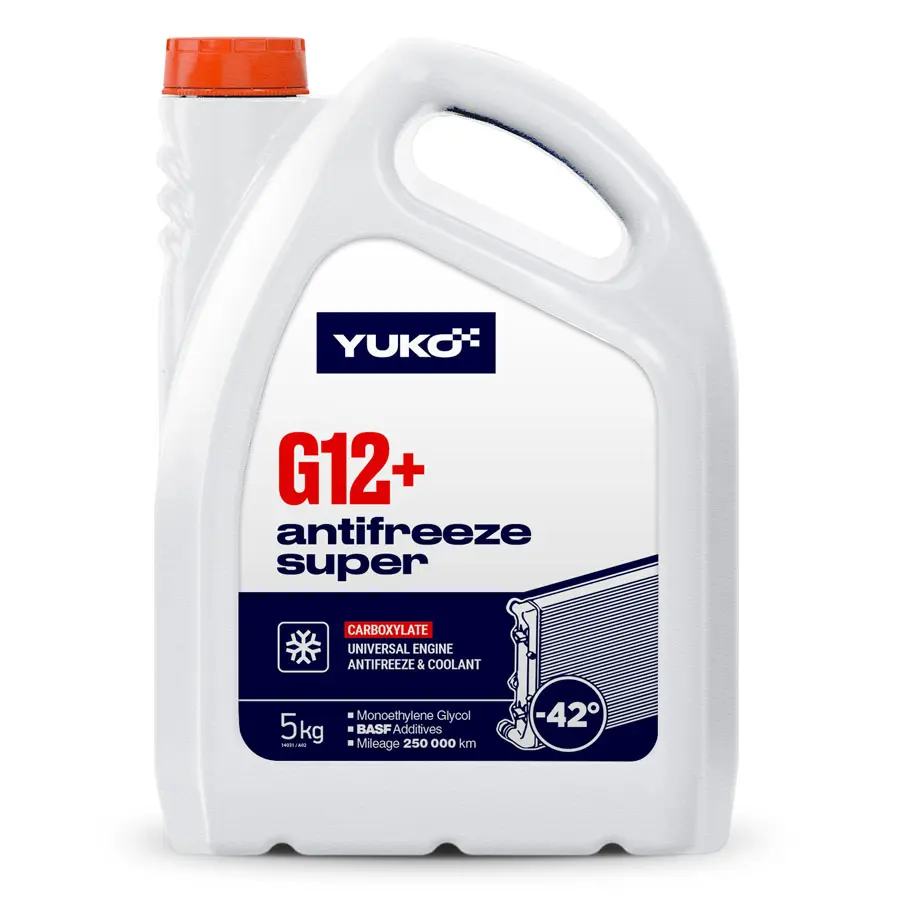When it comes to maintaining your vehicle, one of the most critical yet often overlooked aspects is the use of proper car lubricants. Just like the oil in your body helps keep you functioning smoothly, lubricants play a vital role in ensuring your car operates efficiently. In this blog post, we’ll explore the different types of car lubricants, their importance, and tips for choosing the right one for your vehicle.
What is Car Lubricant?
Car lubricant refers to a variety of fluids used in vehicles to reduce friction between moving parts, prevent wear and tear, and protect against corrosion.
These lubricants can be found in various forms, including engine oil, transmission fluid, brake fluid, and grease. Each type of lubricant serves a specific purpose and is essential for the overall health of your vehicle.

Types of Car Lubricants
1. Engine Oil
Engine oil is perhaps the most well-known lubricant. It lubricates the engine's moving parts, reduces friction, and helps dissipate heat. Engine oil comes in various grades and types, including conventional, synthetic, and semi-synthetic. Regular oil changes are crucial to maintaining engine health.
2. Transmission Fluid
Transmission fluid is essential for the smooth operation of your vehicle's transmission system. It lubricates the gears, helps with heat dissipation, and ensures smooth shifting. Like engine oil, transmission fluid should be checked and changed regularly.
3. Brake Fluid
Brake fluid is a hydraulic fluid that transfers force from the brake pedal to the brake components. It is crucial for the safe operation of your vehicle's braking system. Brake fluid should be checked regularly, as it can absorb moisture over time, leading to decreased performance.
4. Grease
Grease is a thicker lubricant used in various parts of the vehicle, such as wheel bearings and chassis components. It provides long-lasting lubrication and protection against dirt and moisture.
5. Coolant
While not a lubricant in the traditional sense, coolant plays a vital role in regulating engine temperature and preventing overheating. It also helps lubricate the water pump and other components within the cooling system.
Why is Car Lubricant Important?
Using the right car lubricant is crucial for several reasons:
- Reduces Friction Lubricants create a film between moving parts, reducing friction and preventing wear and tear. This helps extend the life of your engine and other components.
- Prevents Overheating Lubricants help dissipate heat generated by the engine and other systems, preventing overheating and potential damage.
- Protects Against Corrosion Many lubricants contain additives that protect against rust and corrosion, ensuring the longevity of your vehicle's parts.
- Improves Performance Proper lubrication ensures that your vehicle operates smoothly and efficiently, improving overall performance and fuel economy.

Conclusion
Car lubricants are essential for the smooth operation and longevity of your vehicle. By understanding the different types of lubricants and their importance, you can make informed decisions that will keep your car running efficiently. Remember to consult your owner’s manual, choose quality products, and stay on top of regular maintenance to ensure your vehicle remains in top condition. Happy driving!